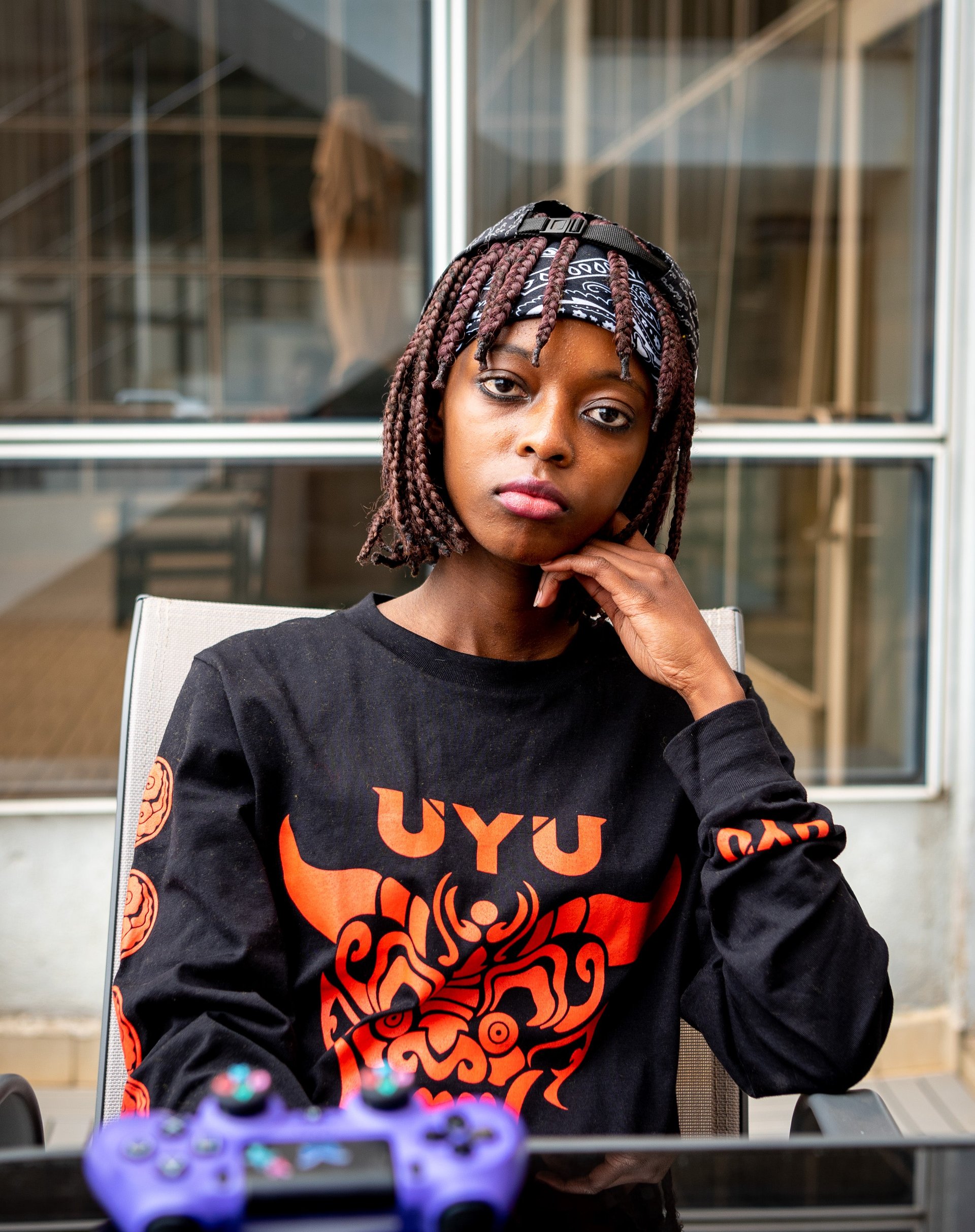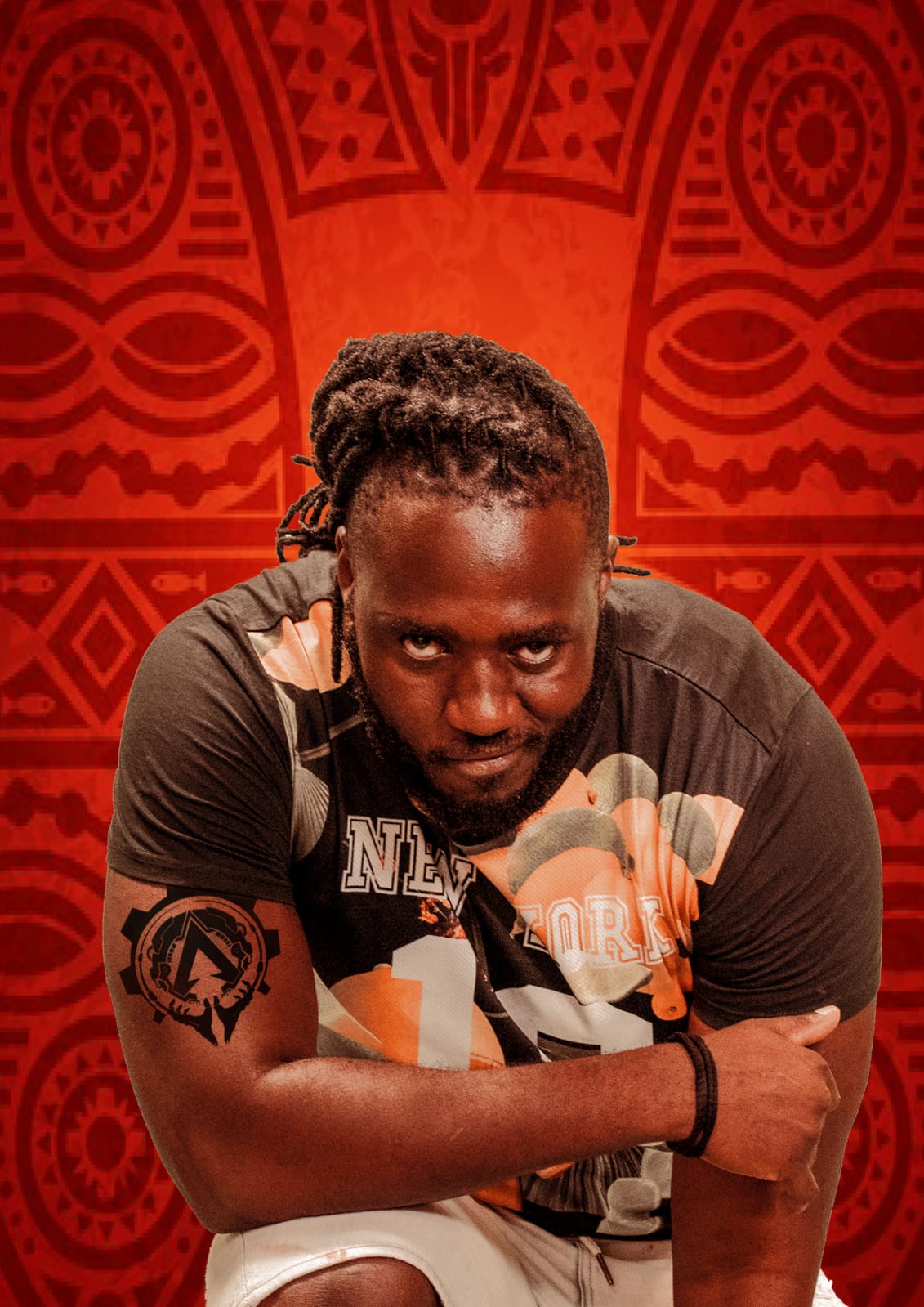How Kenya is pushing for esports dominance
Kenya has a global reputation for athletics success. It has the biggest medal haul of any African country in the history of the Olympics—thanks mostly to the exploits of its famed middle and long-distance runners. But the country is keen on making a mark in many more disciplines.


Kenya has a global reputation for athletics success. It has the biggest medal haul of any African country in the history of the Olympics—thanks mostly to the exploits of its famed middle and long-distance runners. But the country is keen on making a mark in many more disciplines.
There’s less than 100 days left until the 2022 Commonwealth Games in Birmingham where esports will make its debut. Dota 2, eFootball Series by Konami, and Rocket League will be the gaming titles featured at the inaugural Commonwealth Esports Championships.
Esports Kenya Federation CEO Bavon Ojwang’ tells Quartz that Kenya is aiming to compete for all three titles on offer at the Commonwealth esports championships. The country has secured direct qualification for Dota 2, but still has to take part in regional qualifiers before the championships for the other titles, against African countries including Malawi and Mauritius.
While there is a world of difference between athletics and esports, Kenya is hoping to channel the same energy that has put it on the athletics global map into esports. The wins of Africa’s 100m record holder Ferdinand Omanyala, coupled with highlights such as Africa’s top-ranked junior Angela Okutoyi at the Australian Open, have served to fuel Kenyans’ ambitions to dominate the larger sports landscape.
Esports will become more mainstream in the future at global competitions
French President Emmanuel Macron is among those who want esports to make its Olympics debut in Paris 2024. Kenya is among African countries birthing a new generation of gaming talent. The video games market in Kenya, worth $63 million in 2017, is projected to hit $118 million (pdf) in 2022.
Kenya hopes to find its best players ahead of the June 4 live-streamed national qualifiers. South Africa is the only country on the continent with a sizable pool of pro esports players. 154 South African players raked in a combined $254,787 in esports prize money in 2021. Only a handful of other African players, from Kenya, Senegal, Zimbabwe, Ethiopia, and Tanzania have featured on the top earners list over the past five years.
Ojwang’ has run the federation for the four years it has existed. Despite some major challenges and hiccups along the way, he believes esports in Kenya is bound for meteoric growth. He cites expansion of the market over the past five years, financial projections and the right mix of ingredients quickly coming together.
“In two to three years, Kenya will be the center for anything and everything gaming in Africa,” he says.
More corporates are changing their attitudes towards esports and now view it as a way to appeal to young Kenyans. Some of Kenya’s largest companies, including East Africa Breweries Limited (EABL) and Safaricom, have integrated esports into recent campaigns. More Nairobi-based game development firms are popping up, and the gaming community is growing larger and more vibrant everyday. The country’s high internet penetration rate is also an enabling factor.

And after a delayed start, the federation is confident that a fully-fledged national esports league will go live by the end of the year. According to Ojwang’, they have invested a ‘fortune’ in the league’s gaming platform and are promising a prize pool of up to Ksh15 million ($129,000). It would be Africa’s first national esports league. The federation is currently locked in talks with potential corporate and media partners.
Importantly, they want to capitalize on the opportunity that lies in mobile gaming. In Kenya, like many other African countries, smartphone ownership is growing fast and enabling social and casual gaming for many.
South Africa, Kenya, and Nigeria are Africa’s largest video games markets
PwC projects that social/casual gaming as a share of the video games market in Kenya will grow from 18.7% in 2017 to 26.3% in 2022 (pdf) driven by increased smartphone ownership. Overall, South Africa is projected to have the largest video games market in Africa in 2022 valued at around $386 million (pdf) in comparison to Kenya’s $118 million and Nigeria’s $80 million.
Console and PC games still represent the bulk of total video game revenues in Kenya. The esports league in Kenya plans to include gaming titles for PC, console and mobile platforms. Titles likely to feature include League of Legends, Dota 2, FIFA and Chess.
The federation has gotten little in the way of government support. It is counting on private firms and other alternative funding sources to facilitate preparations for the Commonwealth games.
For them, the Commonwealth and Olympics offer an opportunity to recast esports in the eyes of Kenyans across the country. They hope that more Kenyans thriving on the global esports scene will drive increased confidence in the sector.
“I’m very hopeful and confident in the ability of our top Kenyan players,” says Ojwang’ while highlighting the federation’s desire to offer Kenyan esports players world-class training facilities and resources as well as coaches.
Among Kenyan gamers who have made a name for themselves internationally is Queen Arrow, real name Sylvia Gathoni. She is signed to UYU as a Tekken player and content creator. She, and others shining in local and international tournaments, are leading many young Kenyans to dream of success in esports.